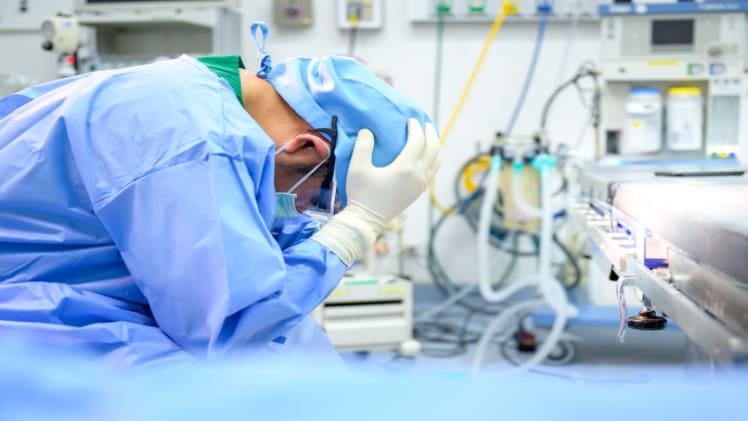Medical malpractice arises when a doctor, any health care professional, or a hospital causes an injury to a patient due to negligence. The negligence could result from errors in treatment, diagnosis, medications provided, or treatment. If you are a victim of this case, contact a Winchester medical malpractice lawyer who will help navigate your case and will litigate the lawsuit on your behalf.
Common Types of Medical Malpractice cases:
- Misdiagnosis/ Delayed diagnosis: The major causes of malpractice complaints are misdiagnosis and delayed diagnosis. If a doctor misdiagnoses or fails to diagnose a condition for a prolonged period, a patient may miss necessary treatment opportunities that could have resulted in severe harm or death. This case requires showing what a competent doctor should have done and what the treating doctor did wrong. However, not all incorrect diagnoses constitute malpractice. Malpractice only occurs if the doctor fails to do what others would do in a similar treatment circumstance and injures the patient.
- Surgical Errors: A surgeon could make mistakes during surgery like using non-sterile surgical instruments, operating wrong body parts, puncturing blood vessels, leaving pieces of equipment inside the body, providing inadequate aftercare, etc. It is best to consult an attorney if you have suffered from such a case.
- Childbirth injuries: Pregnancy and childbirth are critical times for both the mother and baby. However, injuries may still occur in either of the cases. These injuries can cause severe issues like fractured bones, partial or complete paralysis, brain injuries (cerebral palsy, seizure disorders), etc. If a health care professional’s negligence causes these, it is considered medical malpractice.
- Anaesthesia Errors: Anaesthesia errors aren’t as frequent but are more severe than surgical errors. Even the slightest mistake can result in brain damage, permanent injury, or death. Some common errors by anesthesiologists are giving too much anaesthesia, failing to identify patients’ medical history, monitoring patients’ vital signs, using defective equipment, etc.
- Medical Product Liability: Only medical professionals are not liable for malpractice every time. Patients may suffer from poorly designed, defective, or obsolete medical devices. Medical devices that do not operate as promised can cause injury to the patients who receive them. Unfortunately, faulty devices can do more harm than good even before the faults are identified. The manufacturer is liable for a defect if they knew or should have known about it. If you’re stuck in a case like this, go to a law firm that specializes in medical malpractices.

